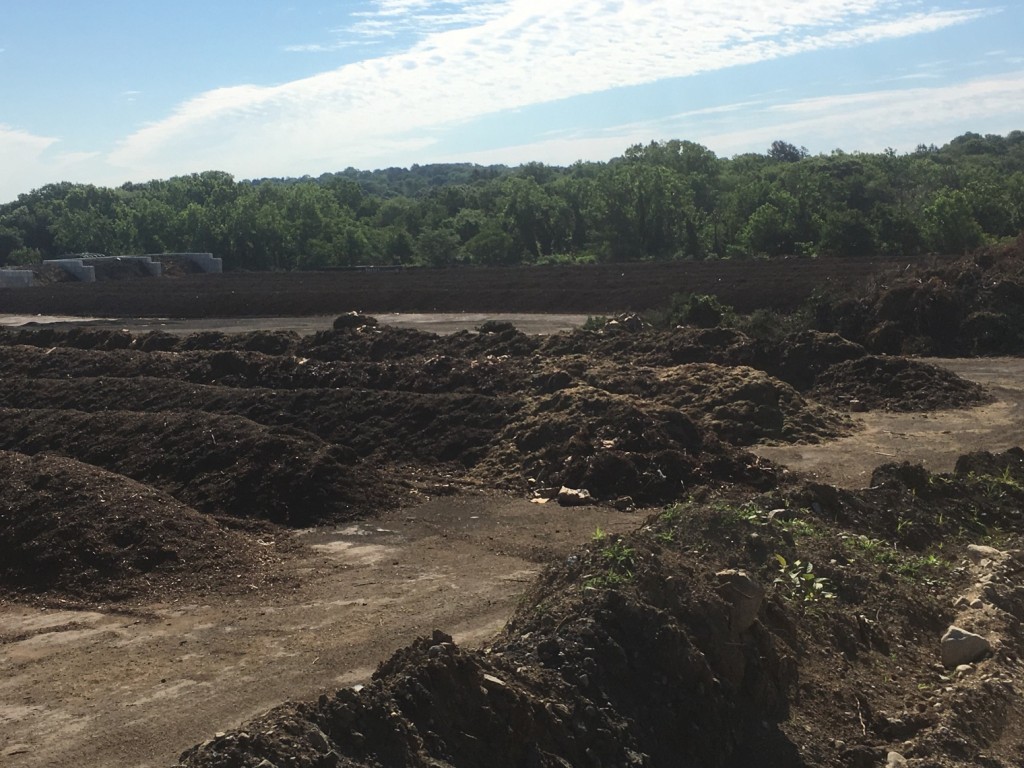International organizations rally together for International Compost Awareness Week
ICAW is May 5 - 11: goal to build awareness about benefits of compost

International Compost Awareness Week (ICAW) is the largest and most comprehensive education initiative of the compost industry. It is celebrated in many countries throughout the world annually during the first full week of May. Started in Canada in 1995, ICAW has continued to grow as more people, businesses, municipalities, schools and organizations are recognizing the importance of compost and the long-term benefits from organics recycling.
The goal of the program is to raise the awareness of the public regarding how the use of compost can improve or maintain high quality soil, grow healthy plants, reduce the use of fertilizer and pesticides, improve water quality and protect the environment. The program includes educational activities at
schools and workshops, classes and events promoted through governments, public municipalities and local businesses. This year, activities span the globe with celebrations planned across the United States, Canada, Europe, Ireland, the Czech Republic and Australia.
Throughout the week of ICAW, community and business events and programs are held to encourage and celebrate the recycling of organics. All types of organics recycling - from backyard to large-scale are promoted. Events include tours of compost facilities, school gardening programs, compost workshops, lectures by well-known gardening experts, compost give-away days, to name just a few.
While details vary amongst countries and continents, the following facts and benefits about organics recycling and compost use transcend political and cultural boundaries:
• Soil health and productivity are dependent on organic matter in the form of compost or humus to provide the sustenance for the biological diversity in the soil. Plants depend on this to convert materials into plant-available nutrients and to keep the soil well-aerated.
Additional benefits include the reduced need for pesticide usage to ward off soil-borne and other plant diseases.
• Composts return to the soil serves as a "carbon bank," storing and is a significant answer to climate change mitigation.
• Diverting food and yard waste from landfills reduces the emission of methane, a greenhouse gas twenty-five times more powerful than carbon dioxide. The use of landfill space and incineration can be reduced by at least one-third when organics are recycled. Focused attention on recycling organic residuals is key to achieving high diversion rates.
For contact information of compost organizations outside of North America, contact the Compost Council of Canada or the U.S. Composting Council, or visit the Composting Council Research & Education Foundation website.
Company info
PO Box 19246
Raleigh, NC
US, 27619
Website:
compostingcouncil.org
Phone number:
301-897-2715




